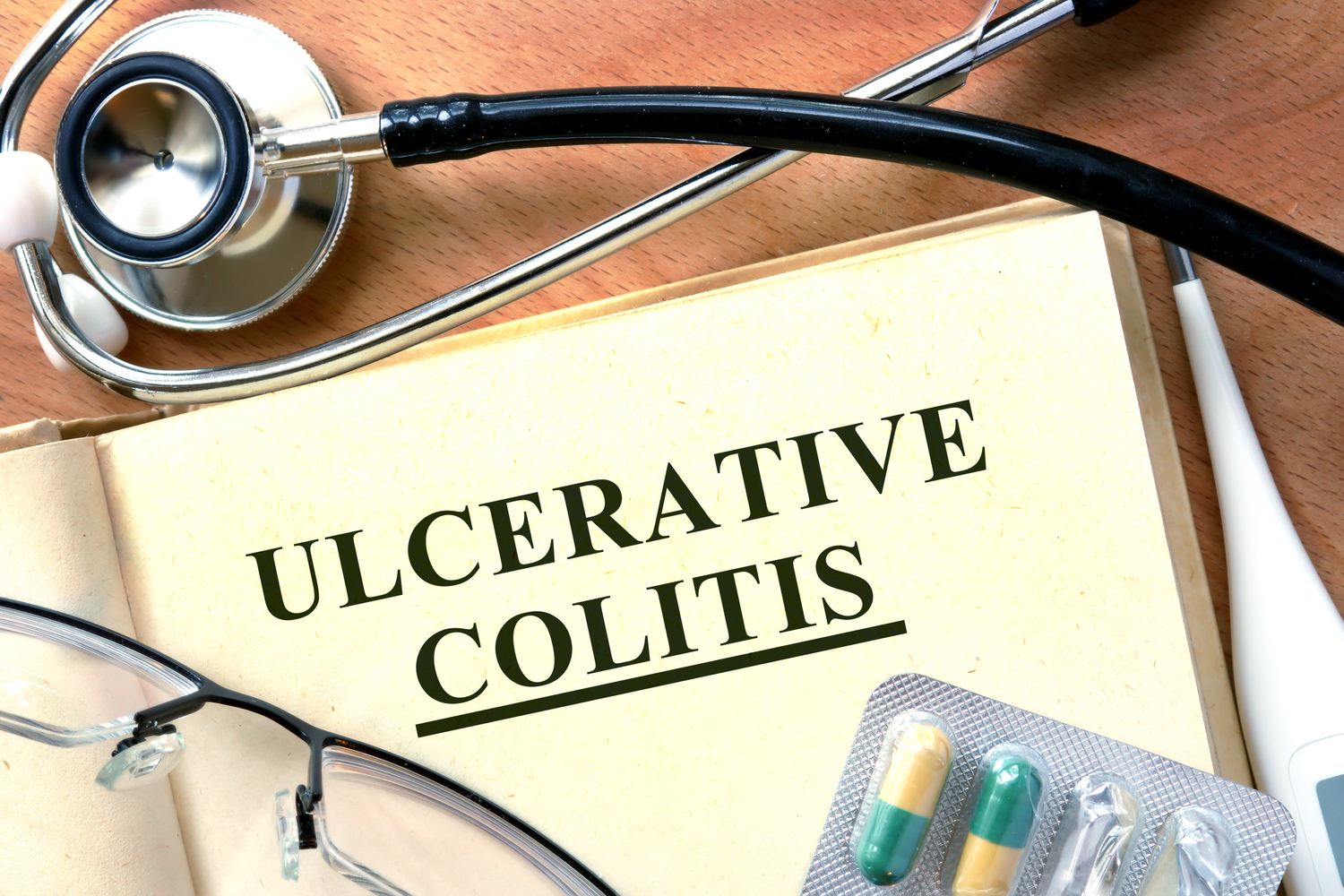
Tips to handle ulcerative colitis
It is highly unfortunate that the reasons why one suffers from ulcerative colitis (UC) remains unknown. While diet and stress were previously suspected to be the cause for UC, doctors are of the opinion that these two play an important role in aggravating the problem but cannot cause UC.
One school of thought says that the malfunction in the immune system could cause UC, and this theory seems to be accepted predominantly. Our immune system fights off invading virus and bacteria. In this case, an abnormality in the immune system begins attacking the cells in the digestive tract.
Another school of thought claims that UC is largely hereditary, but there are statistics to show that most people with UC do not have this family history.
There are several risk factors associated with UC and some of them would be:
Age: Statistics show that UC affects people below the age of 30. However, it can occur at any age. There are also instances wherein people have developed UC over 65 years. Hence, it is difficult to define a particular age group wherein UC develops first.
Ethnicity: It could affect anyone, but Caucasians are largely susceptible. Asians are supposed to be less prone to UC, though the reason for this is still unknown.
History: It is believed that if your blood relatives suffer from UC, there are chances that you might get affected too. However, this has not yet been scientifically proven. But it still holds significance because medical history still considers it to be a potential risk factor for UC.
The complications surrounding UC are:
- Profuse bleeding
- Dehydration
- Rare liver diseases
- Loss of bone density (osteoporosis)
- Higher risk of colon cancer
- Higher risk of blood clots in veins and arteries that further complicates other aided functions
- Constant pain in the abdominal region
To summarize the complications surrounding UC, it affects your day to day functioning. If you were to get one of the pain episodes – it could last few days and would drain you mentally and physically.
As part of the diagnosis, your doctor would want to run a series of test and some of them could be blood tests, stool samples, colonoscopy, flexible sigmoidoscopy, X ray, and CT and MRI Scan.
The doctors would be able to take the next course of action only after assessing the situation thoroughly.
A treatment plan could vary depending on the intensity of the UC. It could range between drug therapy to surgery. In drugs there are two kinds:
- Anti-inflammatory drugs: They are given to suppress the inflammation.
- Immune system suppressors: While they also reduce the inflammation, their job is to mainly suppress the immune system that started the process. Usually, a combination of anti inflammatory and immune system suppressors are prescribed.
Surgery is another option available where, more often than not, the entire colon is removed and a bag is fixed to collect the stool.


